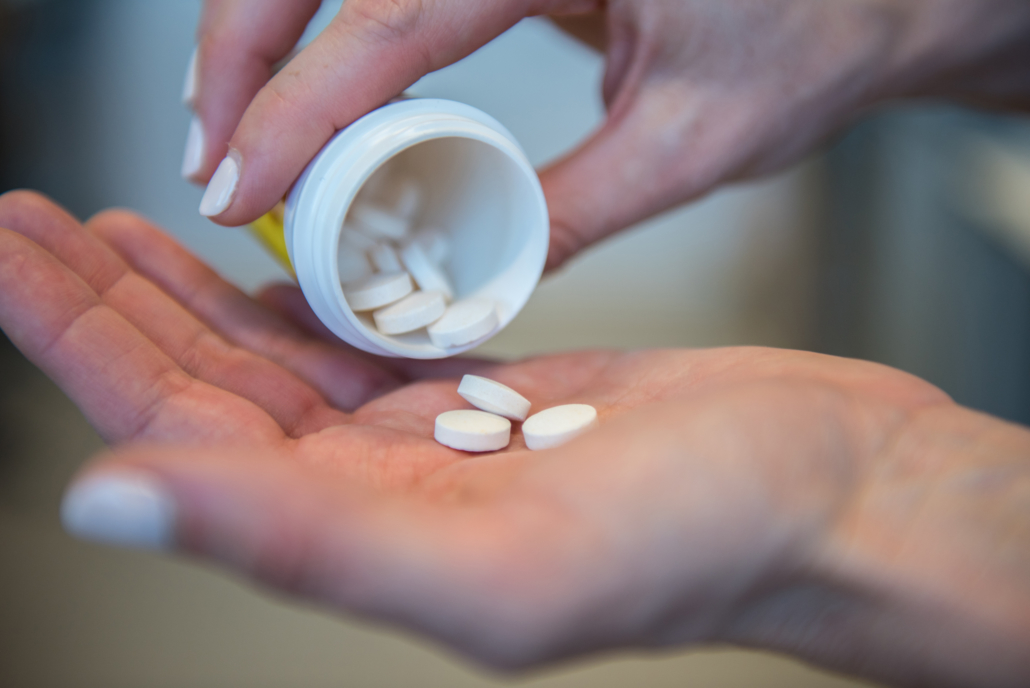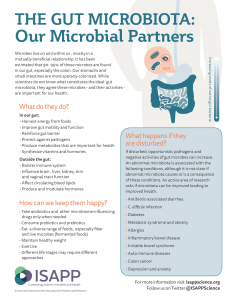Those probiotics may actually be helping, not hurting

By Mary Ellen Sanders PhD, Executive Science Officer, ISAPP, and Gregory B. Gloor PhD, Department of Biochemistry, Schulich School of Medicine and Dentistry, The University of Western Ontario, London
A recent Wall Street Journal essay posits that probiotics are harmful, but does so by misrepresenting probiotic and microbiome science in some important ways.
The focus of this essay was an anecdotal report showing that consuming probiotic products (the composition of which was not disclosed), as well as making other dietary modifications, was associated with lower fecal microbiota diversity. This equates, in the author’s mind, to an “unhealthier gut” and leads to the sensational article title “Those Probiotics May Actually Be Hurting Your ‘Gut Health’”.
How important is fecal microbiota diversity to gut health? There is no evidence in humans that increased gut microbiota diversity is causally linked to any better health outcome. In hunter-gatherer populations, the diversity of the gut microbiome cycles seasonally with diet, yet both the low and high diversity microbiomes are presumably equally ‘healthy’. Many different gut diseases are associated with microbiota compositions that differ from those from healthy subjects. But importantly, we don’t know if the different microbiota is the cause of or the result of the disease. So contrary to the author’s assertion, to speak of gut health is not to speak “really…about the gut microbiome”. Scientists don’t even know what a “healthy microbiome” looks like (see review here).
Perhaps more importantly, it is not at all surprising that consuming high numbers of a few probiotics would result in lower fecal microbial diversity. Probiotics typically survive intestinal transit and are observed in fecal samples when the microbiota is measured. A quirk of measuring the microbiome is that it is typically measured as relative abundance, and the thing about relative abundance is that as the number of one microbe goes up, others appear to decline. They don’t decline in absolute number, but their percentage of the total measured is reduced and hence our ability to detect them is also reduced. So, when you add probiotic microbes to your gut microbiota, and then measure the species present, the probiotic organisms appear at the expense of others. As illustrated in the figure, the probiotic species will appear to displace many rare species because the probiotic species comprise a high percentage of the total population. Although the other resident bacteria are all still there, they are more difficult to detect because they are now below the detection limit after probiotics were added to the community.

We are not aware of any evidence that probiotics will increase the diversity of fecal microbiota. In fact, based on the rationale above, we expect that probiotics may appear to decrease fecal microbiota diversity. Does that mean probiotics are harmful? No.
The author glosses over another weakness in his anecdotal report. He treats his fecal microbiota as if it is equivalent to his gut microbiota. Fecal samples represent a terminal microbial community with diminishing nutrients and many dead, but measurable, bacteria. This community is much different from what occurs farther upstream in the colon, and likely has little in common with small intestinal microbial communities. Granted, this is a weakness of much research on the gut microbiome, but discerning scientific reporting should call this what it is: fecal microbiota, not gut microbiome.
Are probiotics actually good for us? To answer this question, consult the literature that evaluates specific probiotics for the health outcome that interests you. Some good evidence exists for several clinical endpoints including antibiotic-associated diarrhea, reduced risk of C. difficile, treatment of colic in infants, reduced incidence in upper respiratory tract infections, and others (see review here).
We agree with one conclusion of the essay, that eating a diverse, whole-food, high-fiber diet likely promotes gut health. But there is nothing new about this recommendation and it seems hardly worth column space in the Wall Street Journal.

